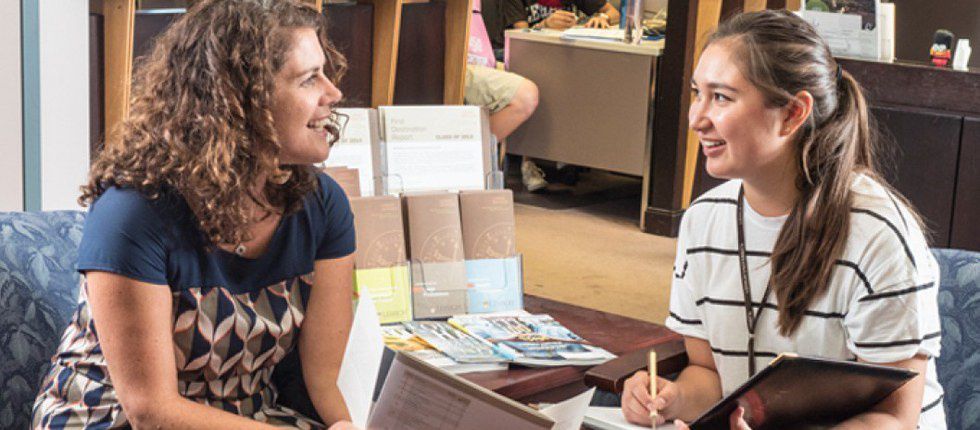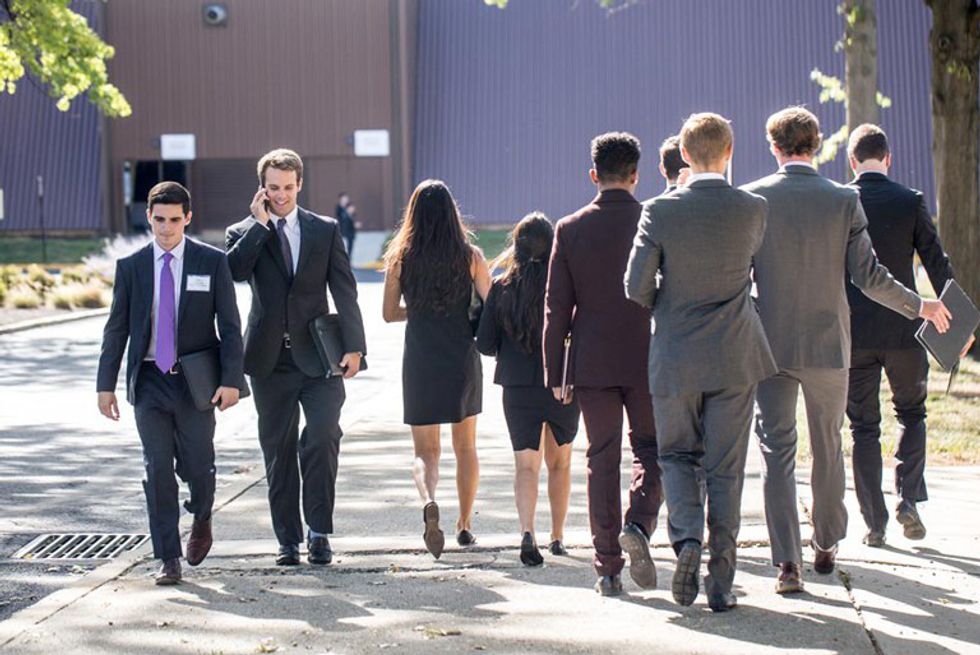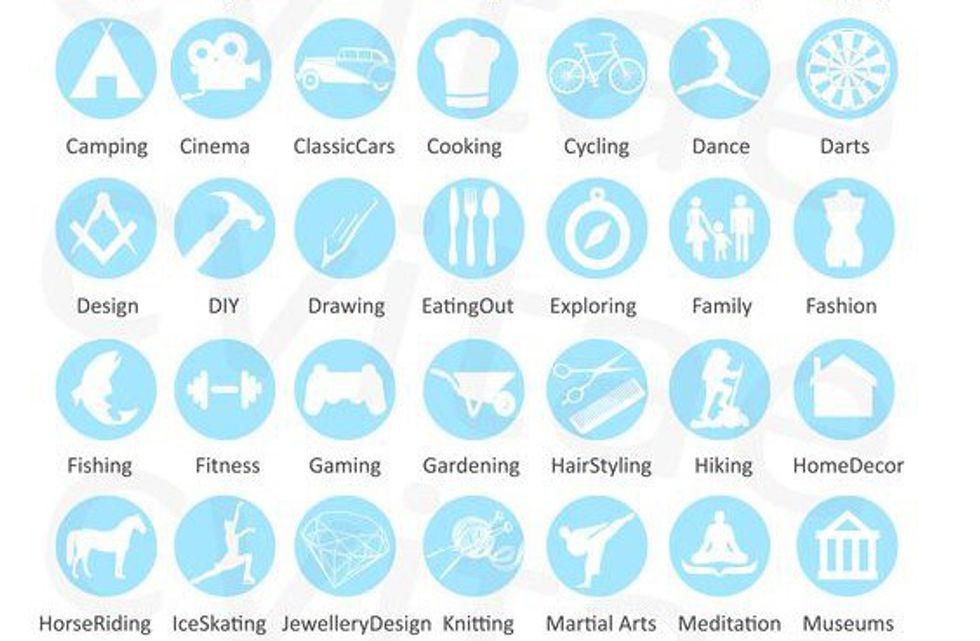If you go to Lehigh University, you might remember that one of the 5 foundations of student success (think bLUeprint), is "Professional Growth & Development". During these past couple of weeks, I have been doing a lot to practice this value. From the Lehigh Career Expo to résumé workshops and mock interviews, I've been taking strides to prepare for my next summer. It's insane to think that I just came back from an awesome internship this past summer, and now I need to start applying for the next one. If you need to start planning out this upcoming summer (even if it seems so far away), here are some tips and tricks that I have learned as I go through the process.
1. Use all the resources
Let's face it, we probably don't know what we're doing when it comes to career stuff. We've all Googled "best résumé templates," "top interview questions," and "most professional email responses." The problem is, there are a ton of resources out there, and, often times, we don't know which ones to trust. The career services center at your school is there for this purpose. The people there will help you determine what is the right and wrong information. They'll let you know what successful alumni from your school have done to get a job. By going to workshops, signing up for appointments, and practicing your interview skills, you'll be all set for the real thing. This will take effort, but it will all be worth it. Don't be lazy!
2. Log important projects, jobs, and assignments you've done
Keep in mind that your potential employer will want to see what separates you from the others. A lot of times, they're looking for what work you've done on your own or what role you've played in projects. As I prepared for my behavioral mock interview, I realized that it asked questions that required answers pertaining to specific projects. Questions like "Describe a task or project you were in charge of, and tell me how you set it up and followed through," "describe a situation where a prompt and accurate decision on your part was critical," and "tell me about a time when the ability to communicate effectively was critical to the success of a task or project". Keeping track of every little project will help you easily recall situations so answering these questions won't be as challenging.
3. See career fairs as just "career shopping"
Anything career related can feel very performance driven. It feels like you're always being evaluated on your abilities, what you can produce, and what other businesses/companies can get from you. Throw this mentality away at your school career fairs. Yes, you have to prepare your "30-second elevator pitch," and, yes, you have to amp up your résumé. But career fairs are also designed for you to quickly test out what companies you might want to invest your summer in. You can evaluate what they do, what the people are like, and what the benefits are. At career fairs, you're the one evaluating, you and can see how well companies perform to your standards.
4. Don't neglect the "Interests" section
I've heard different opinions on this, and I have decided that the "Interests" section on your résumé should not be neglected. It may seem trivial, but you never know what kind of connection you'll make with people. Somebody in a résumé workshop told the story about how he and the interview talked about his résumé for 10 minutes, and for the rest of the time they just talked about golf. Your interests make you unique and different. It shows the people that there's more to you than just your "computer science side" or your "accounting side." Interests allow for human connection, because in reality...
Professional growth and development is a human process.






















